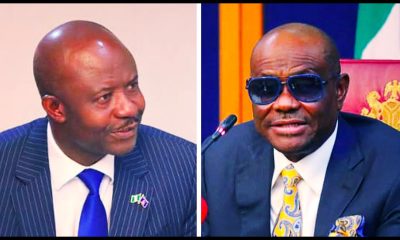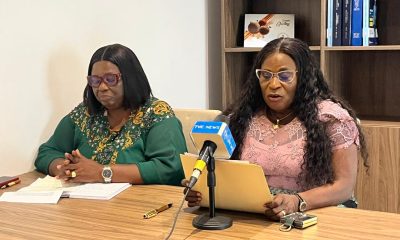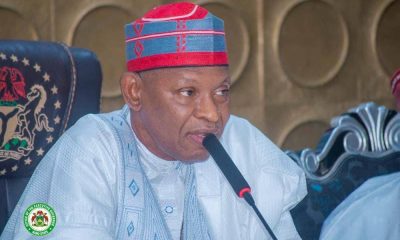For eligible transactions like remittances for school fees, student maintenance allowances, business travel allowances (BTA), personal travel allowances (PTA), medical expenses, and others, Nigerians are finding it more and more difficult to access dollars at the Central Bank of Nigeria’s official rate.
Investigation reveals that access to dollars is quite challenging due to a huge gap between supply and demand. Some banks have increased the PTA/BTA request window from two to eight weeks.
The CBN assured Nigerians that all legitimate requests for foreign currency for eligible transactions such as remittances for school fees, student maintenance allowances, Business Travel Allowance (BTA), Personal Travel Allowance (PTA), medical and other eligible transactions, would be fully met at the official exchange rate.
The apex bank further stated that “all banks would receive amounts commensurate with their demand per week, which would be sold to customers who meet usual basic documentary requirements”.
READ ALSO: Exchange rate hits new high as Dollar scarcity bites
However, reality tells a different story. In February 2022, Nigerian Banks sent out messages advising customers of reduced dollar limits on debit cards. Furthermore, in May 2022, IATA published information suggesting that Nigeria was owing airline operators a backlog of over $450 million.
Hence, Nigerians may be forced to forget the CBN rate which is trading around N425/$ in favour of the parallel market, which trades at N616/$.
Stanbic IBTC Bank recently sent a message to its customers stating that it requires six to eight weeks before it can process the request for dollars.
“To serve you better, please be informed that we now require six to eight weeks to process your FX needs for international school fees, upkeep and medical payments. This will enable us to review your requests in line with regulatory requirements and ensure that we can source for FX to fulfil them,” Stanbic IBTC Bank stated.
READ ALSO: Dollar scarcity hits Nigeria’s manufacturing sector
The CBN’s maintenance of its official rate comes at a great cost to Nigeria’s external reserves due to the fact that the CBN sells dollars to banks from its external reserves.
Hence, Nigeria is placed in a position where it won’t reap the benefits of surging oil prices because of the apex bank’s constant intervention in the Forex market. Consequently, Nigeria’s foreign reserve declined by $1.37 billion from $40.52 billion in December 2021 to $39.16 billion in June 2022.
The World Bank and International Monetary Fund have also stated that the CBN’s multiple exchange rates and trade restrictions are causing more harm than good, advising the apex bank to free float the Naira.

 Health6 days ago
Health6 days ago
 Latest7 days ago
Latest7 days ago
 Football7 days ago
Football7 days ago
 Latest7 days ago
Latest7 days ago
 Latest5 days ago
Latest5 days ago
 Health6 days ago
Health6 days ago
 Latest7 days ago
Latest7 days ago
 News5 days ago
News5 days ago

